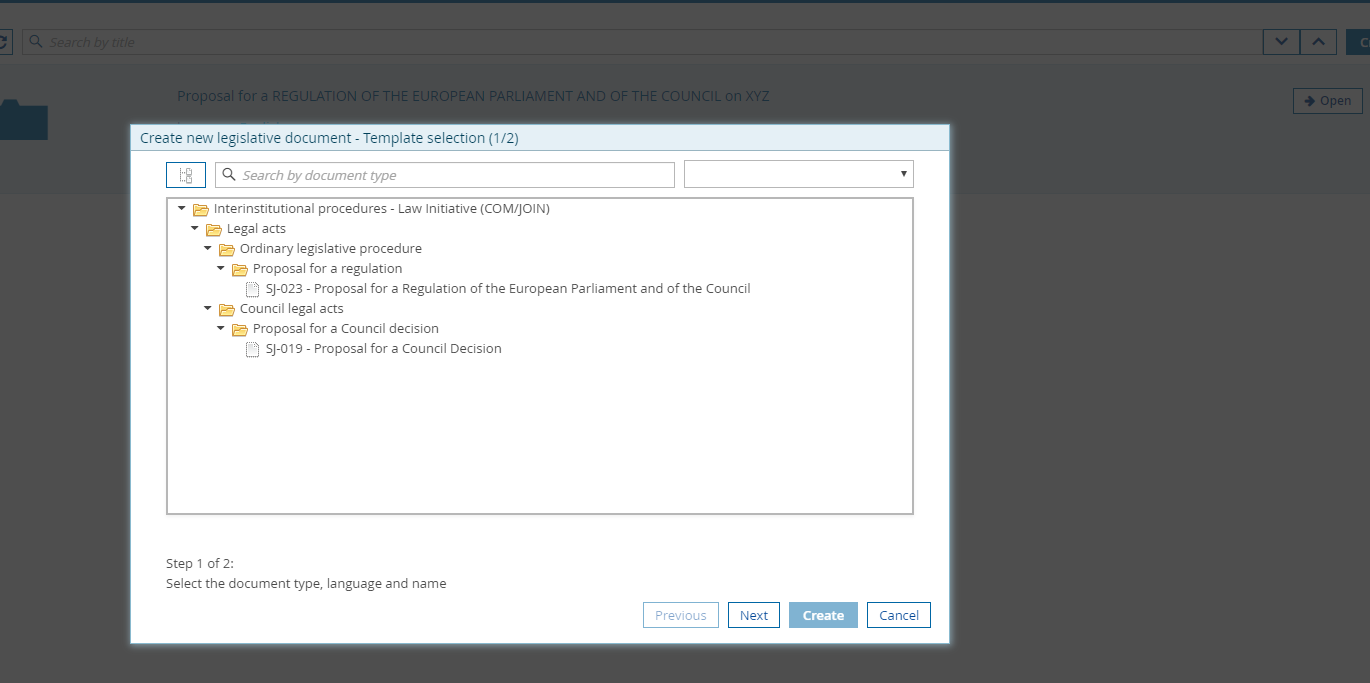Solution spotlight: LEOS Pilot 3.0.0
Alice Vasilescu, Community Manager for LEOS, external consultant European Commission, on behalf of the LEOS Team
A new version of LEOS, the open source software for legislation drafting, is available on Joinup. This third major release brings new features and improvements concerning version management, comparison view, structured annexes, templates configuration improvements and many more. If you would like to have a quick look at the different features of this new release, consult the LEOS user manual. The LEOS Pilot 3.0.0 builds on feedback received on the previous versions and the flourishing collaboration with the community members.
Re-use story attracts more users
We started receiving more and more constructive feedback from the community since LEOS Pilot 2.1.0, however it was still just bilateral between the community members and us. Therefore, we decided to organise a webinar to bring together our followers and strengthen the community.
During this webinar, we presented the status of our development, had a presentation from a user from Spain regarding their success story, and concluded with a short introduction of the community members. The presentation of a concrete re-use story has helped the other community members understand what could their own re-use journey look like and gave a first idea regarding the necessary effort required for the adoption of LEOS. Following this webinar, we have welcomed new community members on board and our latest release has even more code contributions.
A more configurable solution
One of the main challenges we had to face from the very beginning was the high diversity of legislative traditions in the EU countries. We were not able to cover every need of all the legislative traditions from the very beginning. Therefore, we decided to have an iterative approach, which meant starting with a pilot and constantly improving as we receive feedback.
Our first opportunity for a pilot was drafting of the 'secondary' legislation of the EU law which has to be adopted under the Ordinary Legislative Procedure. The first LEOS prototypes would be based on Akoma Ntoso for European Union (AKN4EU), and would cover writing of Proposals for Directive, Decision and Regulation submitted by the Commission to the Council and the Parliament.
Having more contributions from community members allowed us to better analyse what are the differences between the different European Union legislative traditions that LEOS would have to cater for. With the input received and thanks to these contributions from the community, we managed to go beyond the first document templates and allow users to configure their own templates with LEOS 3.0.0.
Document templates in Akoma Ntoso files format are stored in the CMIS repository and they are used for the creation of a proposal and all documents that belong to it. "Proposal for a regulation" and "Proposal for a Council decision" can be created. Each of them has associated a set of templates (documents).
For more information on the document templates and configuration, please consult the /docs folder in the LEOS Pilot 3.0.0. release package.
The improved configuration is of course not the only improvement that this release has put forward. The full list can be found in the release notes, but perhaps one worth mentioning is the new services for integration with other systems for which we worked in close collaboration with the Council of the European Union.
What is next?
Looking ahead at 2020, we have several improvements that we would like to address. Besides the list of improvements that are listed below, we plan to further strengthen our community. If you are interested in taking part of our growing community, contact us at: DIGIT-LEOS-FEEDBACK@ec.europa.eu.
The below roadmap is a draft version, subject to change and it does not constitute in any way a formal commitment.

